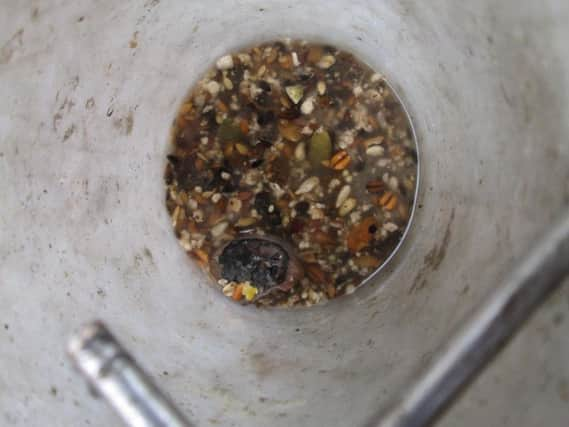'Negligent' Banbury bakery receives record fine for illegal waste discharge


The Bakery, located on the Southam Road, pleaded guilty to seven offences at Reading Magistrates Court and was hit with a record fine.
A Thames Water investigation found uncontrolled trade waste discharges were occurring both to the foul and surface water sewer systems. Surface water sewers flow to public watercourses, meaning any contamination could cause significant harm to the environment.
Advertisement
Advertisement
Although no evidence of environmental damage was found, the judge said Fine Lady had been “negligent” and failed in its duty to take responsibility over what was being discharged from its site into the sewer network.
Tony McHattie, trade effluent manager at Thames Water, said: “The size of this fine, which is the largest that has been given at a trade effluent prosecution, reflects the seriousness of the breaches of consent and illegal discharges. It should send out a strong message to every business that they need to take care and responsibility for the safe disposal of their waste.”
Gemma Beenham, investigation technologist at Thames Water, stated “The key purpose of regulating is to protect the public and our sewer network and prevent environmental damage. We take breaches like this very seriously.
“Companies are responsible for knowing what is being discharged from their site and where this enters the public sewer system. It’s very important they check and ensure they are discharging to the correct drainage systems and take appropriate measures to keep to their consent conditions.”
Advertisement
Advertisement
Fine Lady was fined £140,000 for the offences, which included discharging trade effluent to a surface water sewer and discharging waste in excess of consented conditions to the local sewer network, under the Water Industry Act 1991 and ordered to pay costs of £40,000.
Surface water sewers are designed to take rain water to watercourses, such as rivers and streams, and are separate from foul water sewers, which deal with sewage.
Individuals and businesses, putting waste material down the drains and domestic misconnections due to incorrectly plumbed pipes are a major issue as substances entering surface water sewers and harming the environment continues to be a widespread problem.
Across the Thames region, plumbing mistakes result in up to one in ten households misconnecting their waste appliances to the surface water system.
Advertisement
Advertisement
Because of these misconnections, the equivalent of 1.8 Olympic-size swimming pools of wastewater wrongly enters the region's rivers and streams every day.
Overall responsibility for misconnectionsto the sewage system lies with the property owner so it is important whenever someone is having a new washing machine, or any other appliance which drains water into the network installed it is connected properly.